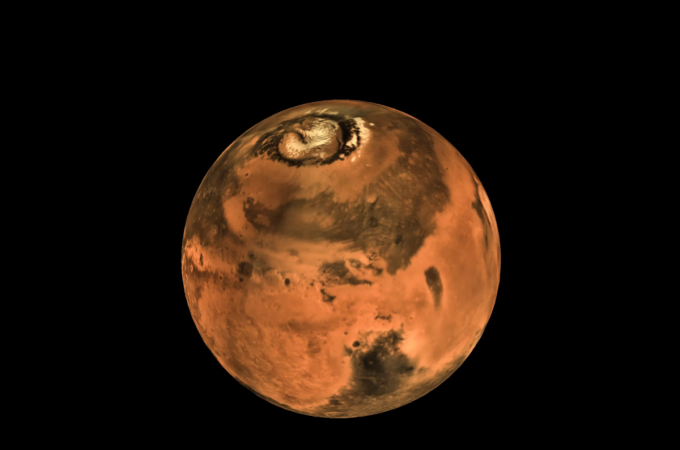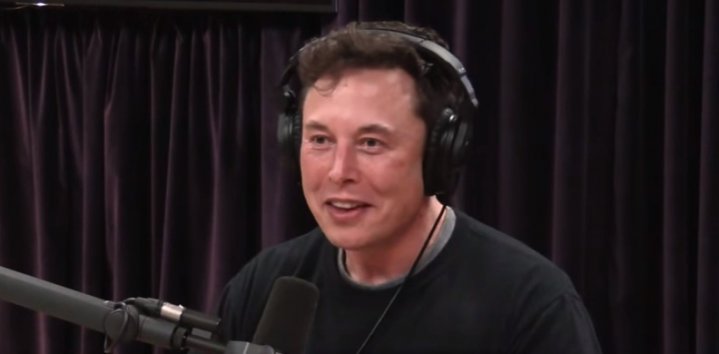
As space agencies like NASA and private space companies like SpaceX are busy gearing up with their upcoming Mars colonization missions, a new study report has suggested that alien microbes, if prevailing on the Red Planet could have spread across the surface via dust particles.
During the research, scientists led by Armando Azua-Bustos, conducted experiments in the Atacama desert, that shares striking similarities with the atmosphere of Mars. Researchers later analyzed how microbial life can be transported in the Atacama desert. The study report published in the journal Scientific Reports revealed that bacteria and fungi travel across the desert using the dust floating in the wind, and experts believe that the same thing may happen if life exists on Mars.
It should be noted that Mars has a constant wind cycle, and dust storm outbreak is common on the planet which spreads across its surface. Study authors also point out that their findings have crucial significance for any efforts to protect planets humans land on from contamination, as microorganisms from human rovers could spread across the surface of other planets quite easily.
A few days back, another study conducted by a team of scientists had suggested that Mars had once flowing water on its surface. The research report noted that Mars' warm surface with flowing water is an indication that life might have formed independently on Mars. As per the study report, conditions on Mars have changed now, and the temperature on the Red Planet has now dropped to negative 80 degrees Fahrenheit.

Earlier, SpaceX founder Elon Musk had posted on Twitter that he wished to nuke Mars before human colonization. As Elon Musk made the surprising comment, experts suggested that the actual plan of Musk is to terraform the Red Planet, so that the trapped carbon dioxide will get released, thus making it suitable for future human colonization.
Musk had also claimed that the future government that will be set up on Mars will be based on direct democracy. He even revealed that the first inhabitant on Mars will be most probably a robot powered with artificial intelligence.









